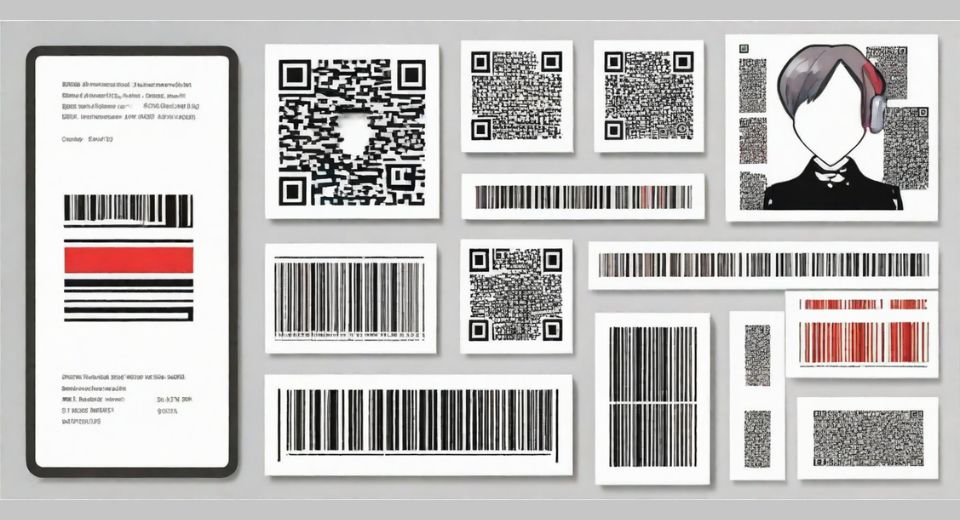
Dec 27, 2024

Metastat Insight has shown that the Global Smart Labels market has undergone much transformation to become a core product in most industries today because of technological advancement and consumer change. Smart labels are a combination of printed labels and electronic components designed to improve tracking, security, and management of products. The availability of labels in various functionalities, which offers services for instant reporting of product status and safeguarding goods in transit, has increased the demand for smart labels across various industries. These include retail, logistics, pharmaceuticals, food, and others. The emphasis on automation and data-driven solutions has increased demands for smart labels across diversified sectors.
The last few years have seen the rise of Internet of Things (IoT) technologies that have played a crucial role in shaping the rise of smart labels. Equipped with sensors and wireless communication capabilities, they can collect data in real time, enabling businesses to monitor product conditions and locations with remarkable precision. The use of such labels transcends simple inventory management, but allows for more advanced supply chain management, provides greater access to valuable information that helps offer better customer experiences with increased transparency, and companies are starting to rely more on smart labels to simplify operations, personalize services offered to customers, and therefore improve the value proposition of the product. A lot of this demand for smart labels comes from retail industries that call for increased efficiency and effectiveness in managing inventory.
Since the advent of RFID and NFC technologies to manage and track stock, these have made it easy for the retailers to monitor what is stocked and also reduced losses through risks that might emerge as a result of error-ridden manual systems.
These technologies also allow consumers to interact with products in new ways: for example, by accessing detailed information on a product through a smartphone by scanning a label. This is an important factor in growing connectivity for a consumer who would want more information about products purchased in the food and health category. The logistics and transportation industries have greatly benefited as well from the smart label technologies. Fitted with sensors that can monitor temperature, humidity, and shock, these labels are employed to ensure that products-mostly those that are perishable or sensitive to environmental conditions-are kept and shipped in optimal conditions. At this level of monitoring, spoilage is avoided, wastage minimized, and the general quality of products reaching the end customer improved.
The pharmaceutical industry also has a use for smart labels-the monitoring of the flow of drugs around the supply chain helps to ensure that these transactions are compliant with regulations and are thus safer for use. Apart from the functional benefits, the Global Smart Labels market is characterized by its contribution toward sustainability initiatives. As firms take care of the environmental side, smart labels contribute to this end through efficient supply chains and less waste. It can be considered as a way of optimizing material usage, reducing overproduction, and hence pollution from logistics operations.
With the aspect of aiding more responsible sourcing and better management of resources, smart labels may also resonate with the global sustainability goals. Despite this promising outlook by the market, challenges face this market. The biggest one is the very high deployment cost for the smart label technologies, particularly to the SMEs. This technology is more appropriate for large corporations to invest in such advanced solutions; however, small companies may not be able to due to the high initial investment needed to integrate such systems. Other concerns will be on privacy issues regarding data collection from consumers and misuse of information, which may cause an issue in regions that strictly regulate data protection. With its secure and transparent nature, blockchain can make the traceability of products even more efficient. This will give consumers an assurance that the products they are purchasing are authentic. Since blockchain secures the data associated with smart labels, this means that the information cannot be tampered with, which adds an extra layer of security and trust. More innovations from the future markets will come up that will be able to take this smart label technology to wider applications across industries and broaden its horizon even further.
In the future, the growth of the Global Smart Labels market will be steady as more countries begin embracing it in all departments and technology will keep advancing as well. As more and more companies embrace the advantages of smart labels, the market will expand, and it will become an important tool for businesses looking to attain greater efficiency in operations, customer experience, and sustainability. By offering an easy means of tracking and monitoring the products during their life cycle, smart labels will take their rightful place as part of the new future for various industries worldwide. In conclusion, market expansion, as mentioned and detailed by Metastat Insight, is growing quite aggressively due to technological innovations and ever-growing needs in better data management as well as better tracking for product. Thus, due to the growth of businesses in such practices, supply chain efficiency, enhanced transparency, and customer engagement would turn smart labels into success indicators. The future for the Global Smart Labels market appears bright, providing new avenues for companies to create value and exploit real-time data, connectivity, and sustainability.
Drop us an email at:
Call us on:
+1 214 613 5758
+91 73850 57479